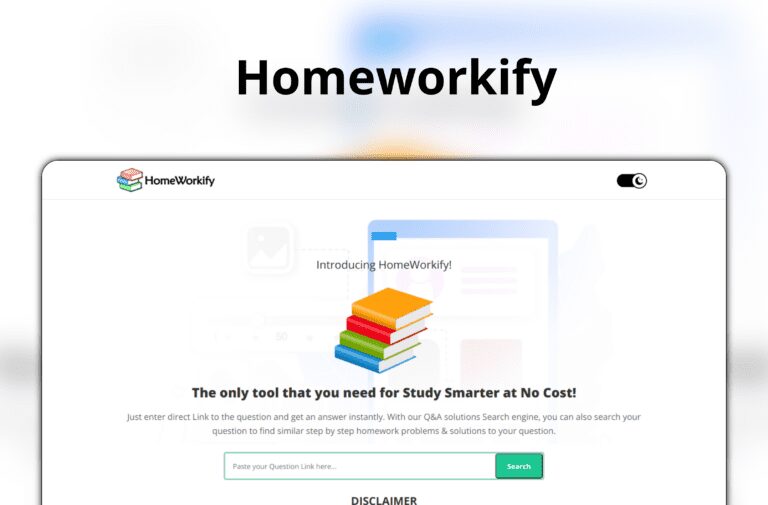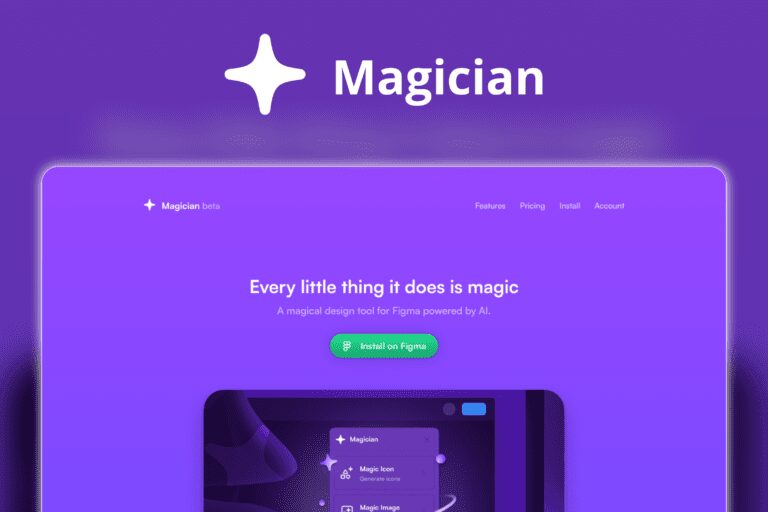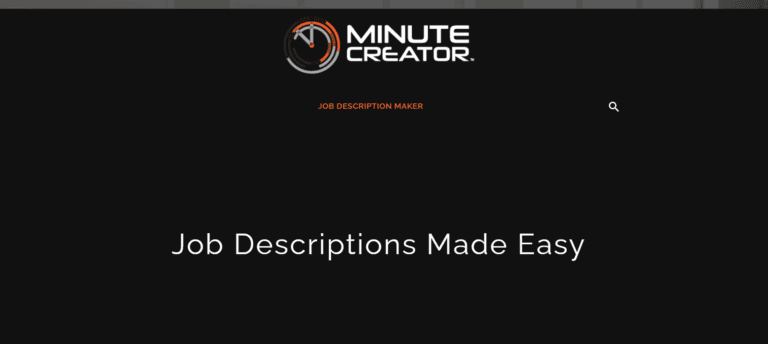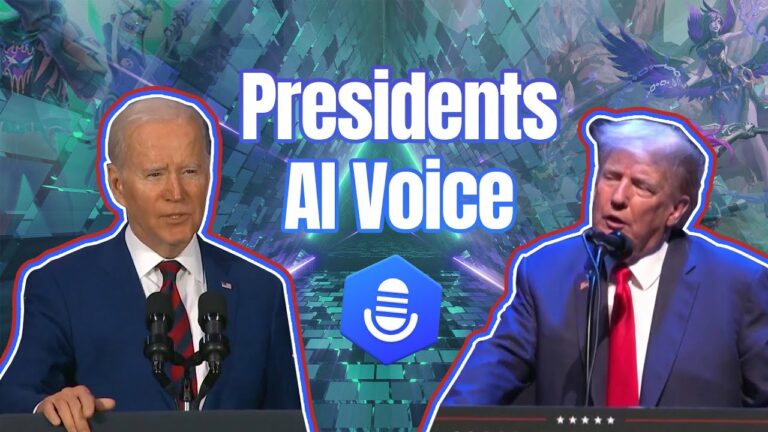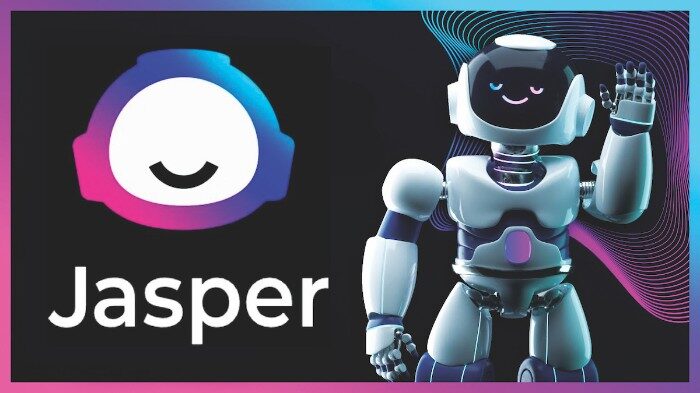The rise of artificial intelligence (AI) has sparked both eager anticipation and dread, and questions are flying around, including how will AI affect jobs.
While some view AI with optimism, believing it will unlock the potential to develop revolutionary technologies that improve our lives, others fear its growing presence in our everyday lives could lead to massive job losses.
To better understand these concerns about AI’s effect on jobs, let’s explore eight potential risks associated with its introduction into the workplace.
To set realistic expectations for employees and employers – we can make sure everyone is aware of these pitfalls so they can be avoided or mitigated together as a team effort.
Table of Contents
What is Artificial Intelligence?
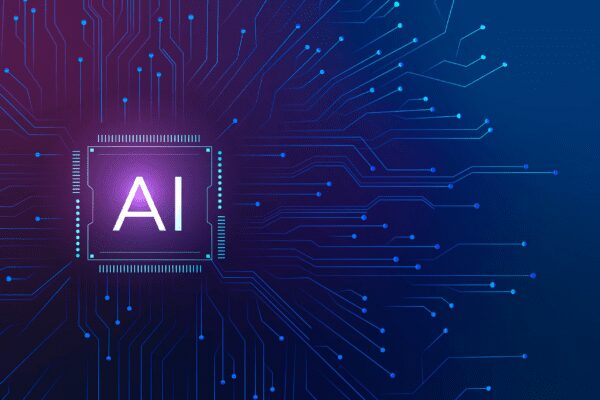
Artificial Intelligence, or AI, has become an increasingly popular buzzword recently. AI technology is developing computer systems that mimic human skills, such as problem-solving and decision-making.
Machine learning and deep learning are two key components of AI that allow these systems to improve performance over time and adapt to new situations.
While there is much debate surrounding the potential ethical implications of AI, there is no denying that the technology has the potential to revolutionize many industries.
From self-driving cars to personalized medical treatment, the possibilities are endless.
Why AI Could Help Jobs
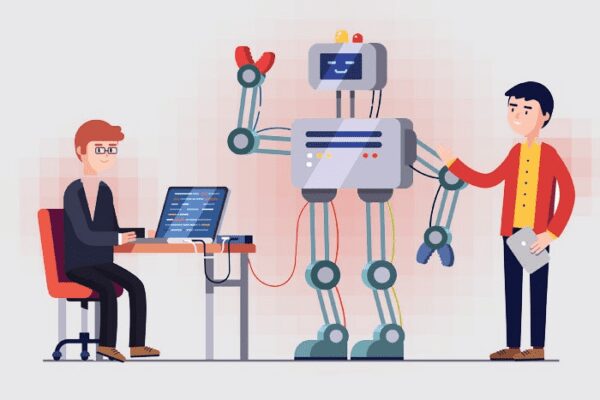
Over the years, artificial intelligence has proven to be a crucial tool in different industries across the globe. With AI tools, new technologies can be developed, enabling businesses to streamline their operations.
AI can conduct critical thinking and analyze data, which is highly beneficial to decision-makers. AI has made data entry and analysis simpler and faster, which, in turn, saves businesses a lot of time.
AI makes it easier for programmers to write code without worrying about common errors. Overall, the benefits of artificial intelligence are extensive, and it’s no wonder it’s becoming an integral part of various industries across the globe.
Here are a few reasons why AI could help jobs:
1. Automating mundane tasks: By automating routine, repetitive tasks, AI can help free up employees’ time to focus on more meaningful activities that require higher-level cognitive functioning and creativity.
2. Enhancing decision-making processes: AI can analyze vast amounts of data quickly and accurately to provide valuable insights into business processes and decisions.
3. Streamlining customer service: Advanced AI chatbots can respond to customers’ queries almost instantly, allowing businesses to deliver faster, more efficient customer service solutions.
4. Improving accuracy: With its ability to quickly process large datasets, AI technologies can detect errors or discrepancies in real-time that humans would be unable to detect on their own.
5. Reducing costs: By automating tedious tasks and streamlining operations, AI can help businesses save money in the long run by reducing labor costs and increasing efficiency.
6. Job security: AI could help create more jobs, as businesses need to hire people to manage and maintain the technology.
So far, these potential benefits of AI sound great. However, it’s essential to understand that any technology also has risks.
How will AI Affect Jobs: The Limitations of AI
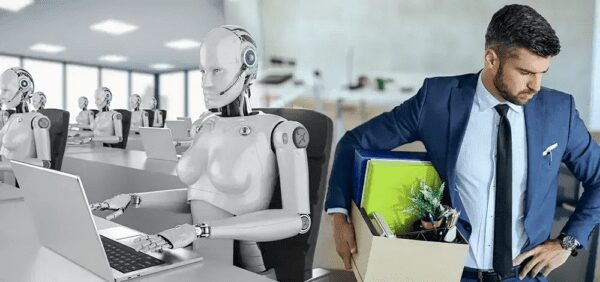
The potential for AI to lead to job growth and change the future of work is both exciting and concerning.
While many industries are already leveraging AI to streamline processes and improve efficiency, there are limitations to what AI can accomplish.
Despite claims of AI replacing human workers, certain aspects of the hiring process, such as emotional intelligence and human creativity, are still crucial to ensuring successful and innovative teams.
Ultimately, the impact of AI on job displacement remains uncertain. Still, it is crucial for decision-makers to carefully consider the potential consequences and limitations of implementing AI in the workplace.
What are the Impacts of AI on Industries?
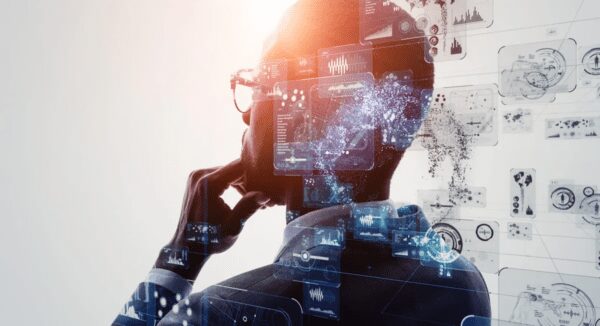
The near future brings new technology that disrupts industries and changes the way we work. Artificial intelligence (AI) is no exception.
AI is revolutionizing many industries and creating job opportunities and challenges for the workforce. The following are some potential impacts of AI on different sectors:
1. Manufacturing: AI has enabled smart factories to reduce labor costs while increasing productivity, efficiency, and accuracy.
2. Retail: AI tools can streamline inventory management and analyze customer behavior to provide personalized recommendations or discounts.
3. Healthcare: AI-enabled technologies can help diagnose medical conditions accurately, offer personalized treatments, reduce human errors, and lower healthcare costs.
4. Education: AI can create highly customized student learning experiences by providing instant feedback on their progress and offering personalized support when needed.
5. Transportation: Self-driving cars and autonomous drones are being developed to reduce human errors and improve safety in the transportation industry.
How will AI Affect Jobs: 8 Downsides of Artificial Intelligence on Jobs
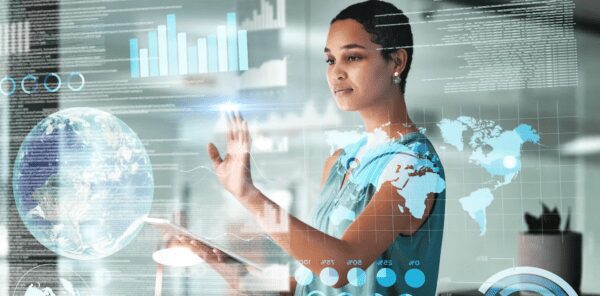
As artificial intelligence (AI) advances, concerns about its impact on employment continue to arise. With the ability to automate tasks that once required human labor, AI tools can potentially replace jobs in many industries.
While some argue that AI will create new job opportunities in other areas, the effects on the labor market are still uncertain. The downsides of AI include potential job loss and decreased demand for human labor.
According to human labor statistics, knowledge workers, in particular, could face challenges as AI systems are developed to perform complex tasks such as data analysis and decision-making.
Here are 8 downsides of artificial intelligence on jobs:
Job Displacement
Artificial Intelligence, or AI, tools are becoming increasingly prevalent in the working world. Generative AI tools, in particular, can produce unique outputs based on given inputs.
While this development is exciting for data science and software engineering, it raises concerns about job displacement. As AI tools become more advanced and capable, they have the potential to take over jobs that humans traditionally performed.
This could significantly impact those working in industries that rely heavily on these skills, potentially leading to layoffs and reduced job security.
Wage Stagnation
Another downside of AI is the potential for wage stagnation. As AI systems become more capable, they may be able to perform jobs traditionally held by humans at a much lower cost.
This could cause employers to reduce labor costs and pay human workers less, leading to stagnant wages. Additionally, as companies rely more on AI-driven processes and tools, fewer job opportunities will be available for skilled workers.
Privacy Issues
According to the World Economic Forum’s report, we are beginning to see clear evidence of how many jobs AI can impact.
While we cannot say AI will be the sole reason behind job loss, certain jobs that can be easily automated may see a decreased need for human workers, causing privacy issues for those who rely on traditional employment.
Quality Control
AI systems are capable of producing fast and accurate results. However, they may also be prone to errors due to incorrect data input or lack of contextual understanding.
On the other hand, humans can think critically and use their judgment to spot mistakes that AI tools may miss. Thus, a decrease in human workers could lead to a decrease in quality control.
Lack of Creativity
AI systems are typically designed to automate mundane tasks and perform repetitive jobs.
These tools can be pretty effective at completing these types of tasks, but they lack the creativity humans bring. Humans have an innate ability to think outside the box and develop creative solutions.
As AI becomes more widespread, this human quality could become increasingly important in a world where automation is commonplace.
Biased Decisions
With the advent of new AI tools, the threat of biased decision-making looms, especially regarding jobs.
While narrow artificial intelligence is great at analyzing data and performing specific tasks, it lacks the human touch required to make unbiased decisions about employment.
This can lead to a biased selection of candidates or even discriminatory hiring practices that can have far-reaching impacts. However, it’s not all doom and gloom. As old jobs disappear, new jobs will inevitably emerge.
Physical Safety Risks
AI tools have the potential to reduce human error in potentially dangerous settings. However, if these tools fail or are misused, there could be safety risks for workers that require physical labor.
For example, robots used in manufacturing and warehouses increase efficiency and accuracy but may also put workers at risk if they malfunction.
Increased Levels of Stress and Burnout
As AI tools become more prevalent, competition with machines for jobs could increase stress levels and burnout among humans.
This is especially true as many industries begin to ask their employees to learn new technologies or retrain for different roles due to automation.
What are the Problems of Artificial Intelligence?
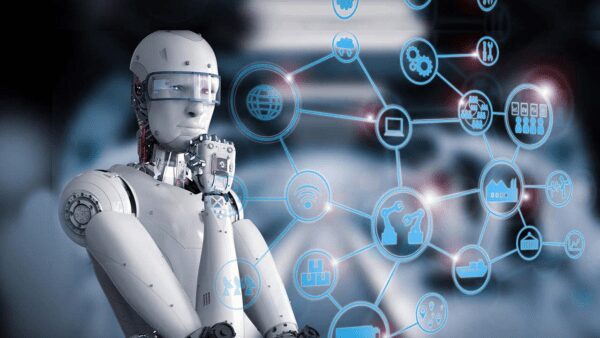
Artificial Intelligence influences various industries by providing advanced insight and automating tasks with its powerful AI tool. However, despite its promising capabilities, it also poses numerous challenges that society needs to consider.
AI has the potential to revolutionize many sectors, from healthcare to transportation. However, there are also some potential problems associated with AI technology.
These include increased cyber-security risk, loss of human jobs, lack of data privacy and security, issues with biased decision-making, and even physical safety risks associated with robots or automated processes.
Overall, it is essential to consider both AI’s positive and negative impacts to ensure its responsible implementation in different industries.
What Job Market will be Affected by AI Mostly?
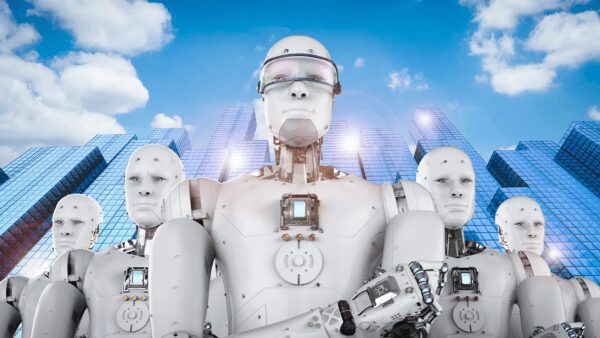
AI is expected to significantly impact the job market, with some sectors being more affected than others.
The most impacted industries are likely to be those that require manual labor and repetitive tasks, such as transportation, manufacturing, customer service, and retail.
These jobs are particularly susceptible to industrial automation as AI tools can easily carry out these types of tasks with incredible speed and accuracy than humans.
Other knowledge-based occupations, such as data analysis or legal services, may also face competition from AI systems.
Wrapping Up
The potential introduction of Artificial Intelligence into the workforce poses unique challenges.
The flux between jobs now and in the future is likely to be radically different given the advances and unstoppable march of technology, and we must all be prepared for what this change could mean for us.
Of course, the mere thought of AI being capable of replacing some robust jobs may seem daunting.
However, suppose we embrace the opportunities presented to us by AI in terms of exploring other career paths and avoiding monotonous working patterns. In that case, it can bring some beneficial changes to our lives.
We have seen how previous industrial revolutions have brought different opportunities; with the same foresight applied to overseeing AI’s foray into our industries, we might see a brighter future as more individuals realize their untapped potential and newfound freedom within this industry.
It is for us to choose how we face this challenge – and together, we believe that we can ensure that everyone benefits from the introduction and progress made possible by Artificial Intelligence.
